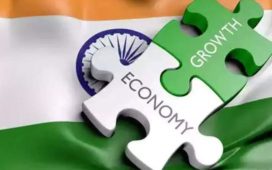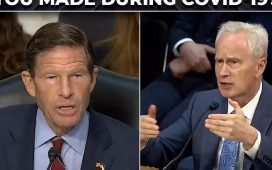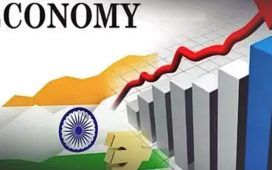
“There is no rethinking at present to support Chinese investments in the country,” Goyal said, adding that in the Economic Survey, the chief economic advisor talks of new ideas and their own thinking which are “not at all binding” on the government.
While the Survey pitched for Chinese investments, it also cautioned about trade re-routing and economic coercion where Beijing has blocked New Delhi’s access to certain solar equipment.
Goyal’s statement assumes significance as in 2020, India made its approval mandatory for FDI from countries that share a land border with it.
EU CBAM
Goyal also said that the EU has suggested that India devise its own mechanism instead of paying the carbon tax and the ministry would consider the suggestion and come up with whatever is good for the country.
“They (EU) are very keen to pursue that and they have offered that India could instead of paying CBAM tax to the EU, devise its own mechanism. We will consider their suggestion and come up with whatever is good for the Indian industry and for the people of India,” he said.
As per reports, an EU delegation has suggested to New Delhi that India could implement its own carbon tax and reduce carbon emissions.
Noting that India is in dialogue with the EU on the CBAM, he said the CBAM will hurt the EU “very badly” as infrastructure, cost of living, industrial and consumer products will become expensive.
“The EU’s economy will also face further distress, that is my reading of CBAM,” Goyal said.
CBAM will translate into a 20-35% tax on select imports into the EU from January 1, 2026. From that date, EU importers will have to declare and purchase CBAM certificates to cover the emissions associated with producing imported steel products.
India has strongly criticised the mechanism, terming it a unilateral move and is seeking legal opinion on what can be done at the World Trade Organization to challenge it.











